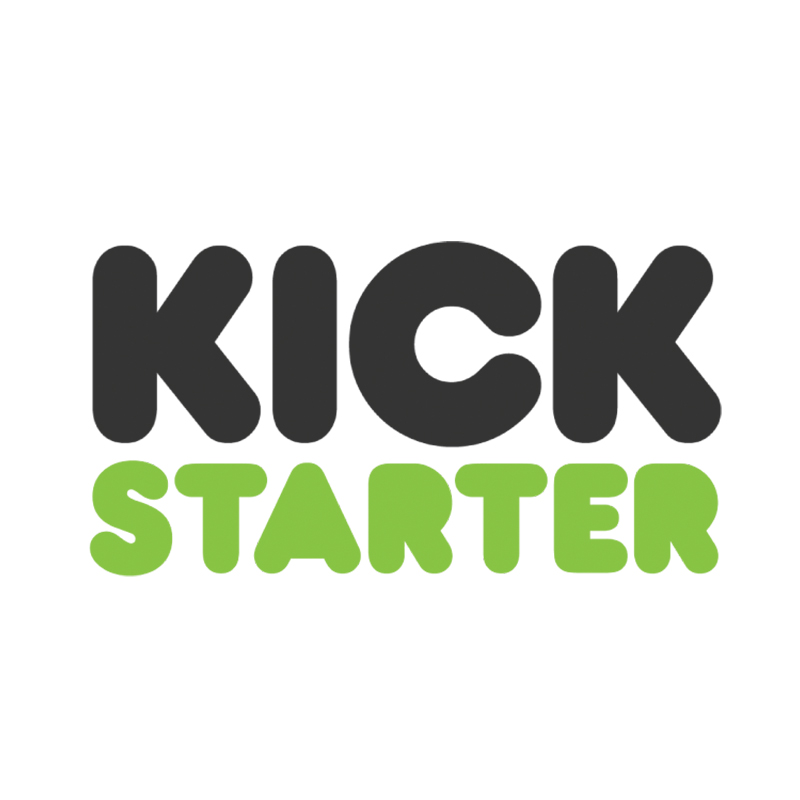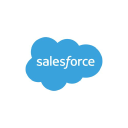How We Launched A Book Subscription Service And Sold 40K Books
Note: This business is no longer running. It was started in 2017 and ended in 2023. Reason for closure: Shut down.
Hello! Who are you and what business did you start?
My name is David Dewane and I’m the co-founder and president of the Mouse Book Club. We make phone-sized physical books you carry around with you so that you have a decent alternative to reading your phone.
I’m an architect, professor, journalist, hustler, and the lowest form of tech junkie. I’m the kind of creep you’d see checking their phone at the dinner table when the baby is crying. That’s one of the reasons I started Mouse and am aligning our company with the movement towards digital minimalism, that is, a more limited and thoughtful integration of technology into our lives.
So far, we have mailed over 40,000 books to 60+ countries and all 50 states. We’ve done about $170,000 in sales in the first two years.

















